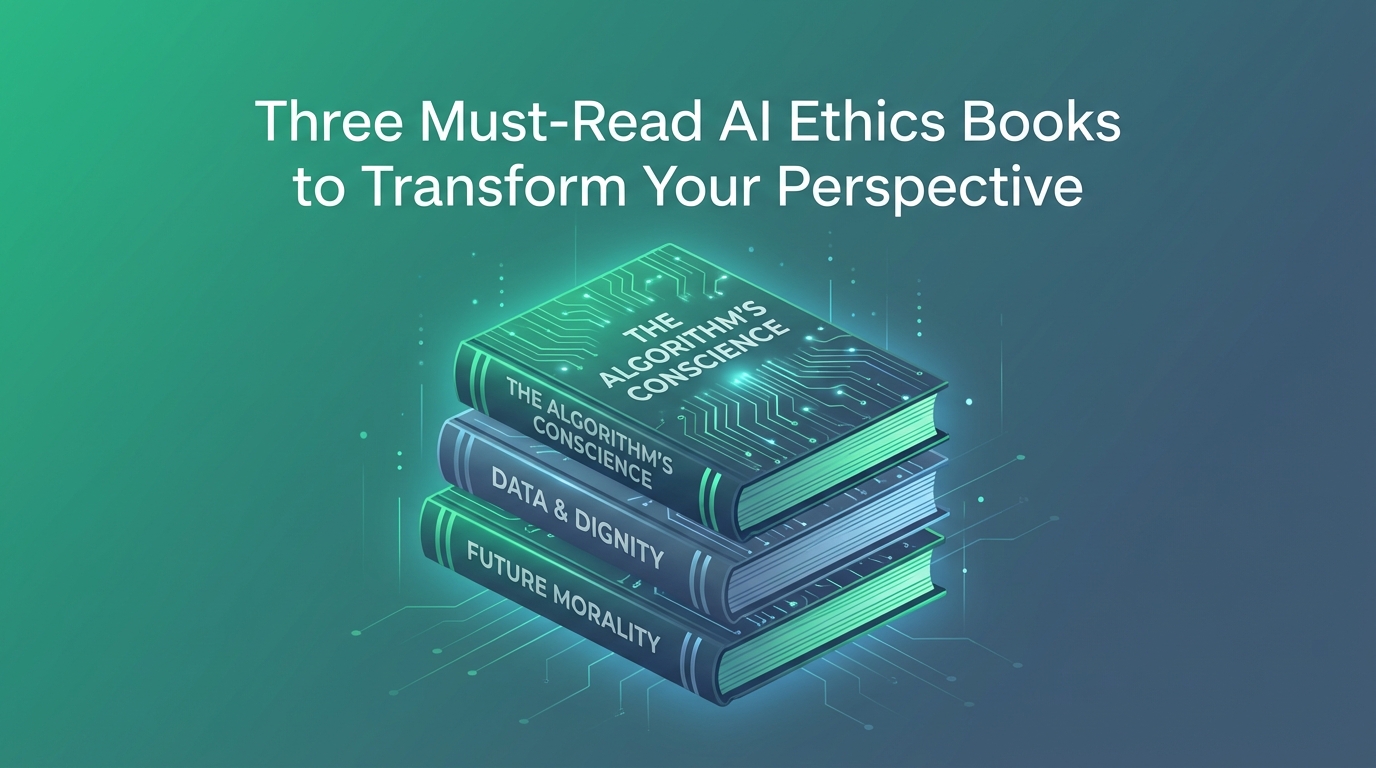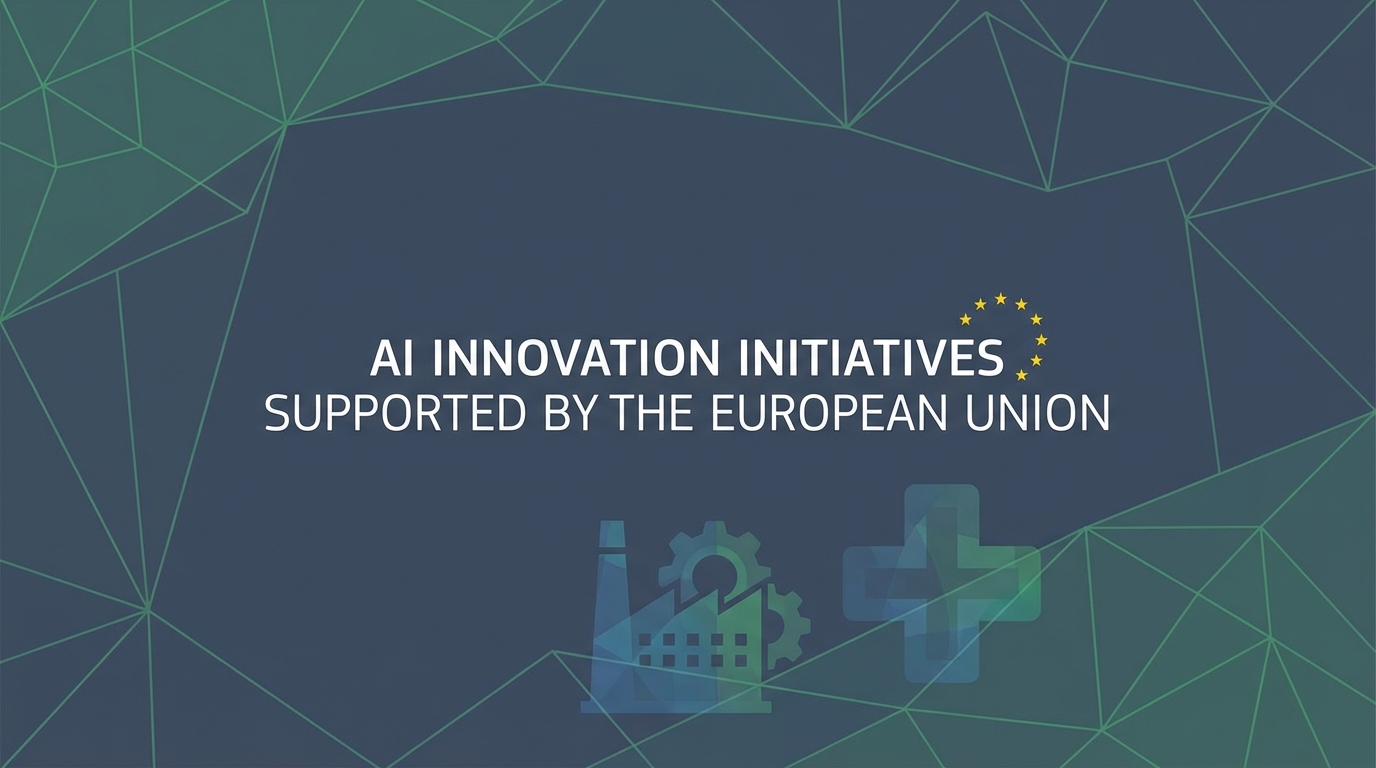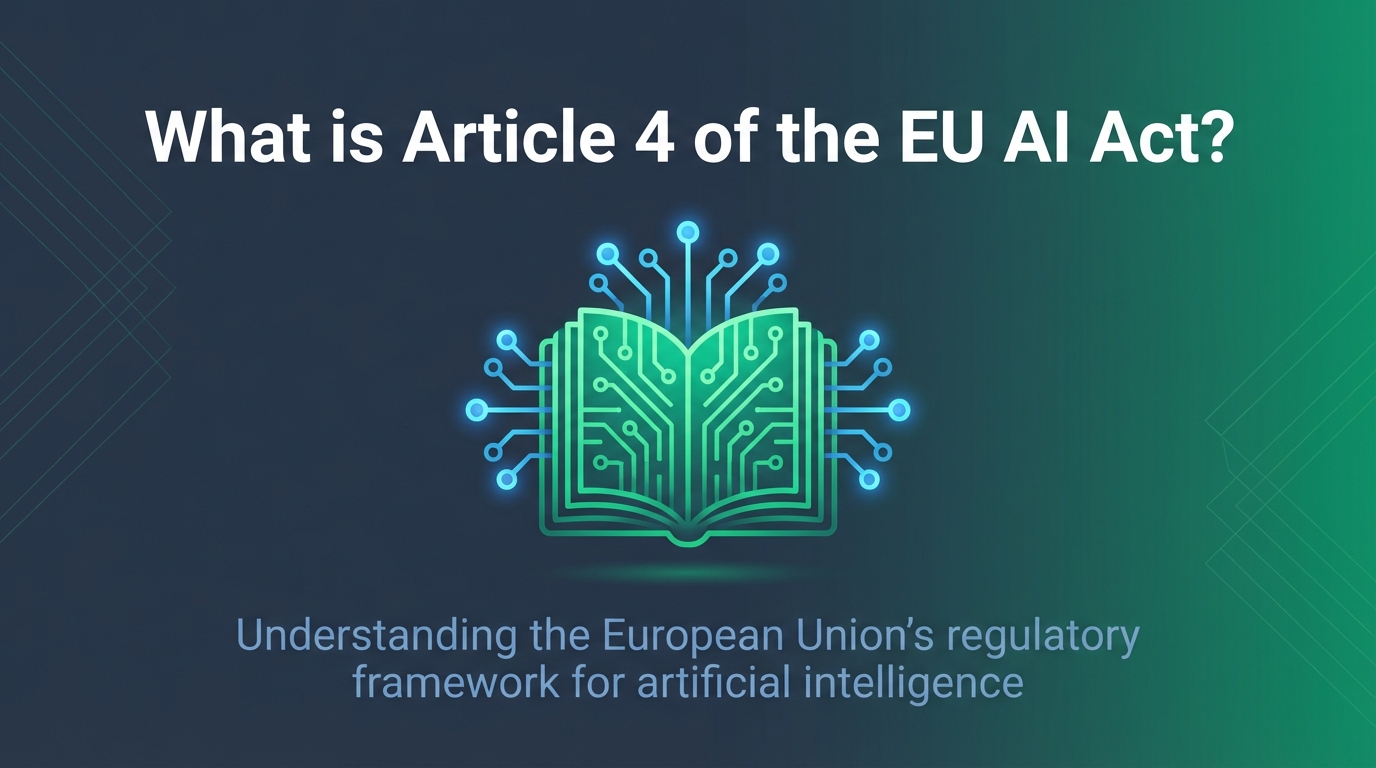Three Must-Read AI Ethics Books

If you are looking to get a better perspective on the impact of AI on our lives, our environment and fundamental rights, these three books are highly recommended. They explore the environmental, social, and political impacts of AI, and the critical need to discern genuine advancements from misleading hype.
Atlas of AI by Kate Crawford
In Atlas of AI: Power, Politics, and the Planetary Costs of Artificial Intelligence, Crawford reveals how the global networks underpinning AI technology are damaging the environment, entrenching inequality, and fueling a shift toward undemocratic governance. She takes us on a journey through mining sites and factories, revealing where these infrastructures reflect the beliefs of a small group of people rather than the public interest.
Co-Intelligence by Ethan Mollick
In Co-Intelligence, Ethan Mollick urges us to engage with AI as a co-worker, co-teacher, and coach. He assesses its profound impact on business and education, showing what it means to work together with smart machines without losing our human identity. Wide-ranging and hugely thought-provoking, it reveals the promise and power of this new era.
AI Snake Oil by Arvind Narayan & Sayash Kapoor
In AI Snake Oil, computer scientists Arvind Narayanan and Sayash Kapoor cut through the confusion to explain why AI often doesn't work, where it might be useful or harmful, and when you should suspect that companies are using hype to sell "snake oil"—products that don't work and probably never will.
By delving into these works, readers can gain a deeper understanding of AI's profound influence on our lives and the imperative for ethical considerations in its development. Whether you're a student, professional, or enthusiast, these books are essential reads.

